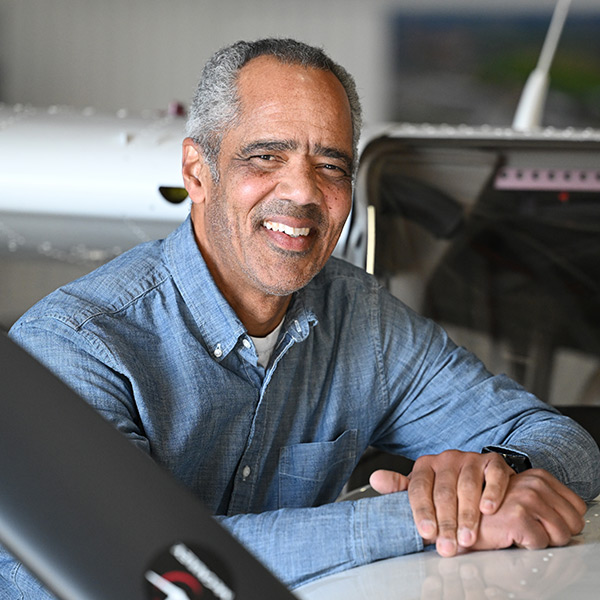'Special event' fees an ongoing concern
AOPA calls for clear guidelines, seeks pireps
Pilots are accustomed to paying for fuel and services at FBOs, but when unexpected and unwarranted charges appear on the FBO bill, even seasoned aviators can feel slighted.
When longtime pilot Long Bach Nguyen landed recently at Friedman Memorial Airport in Hailey, Idaho, to drop off a family with a home in the area, he was in for a surprise. The bill from Atlantic Aviation, which included $762.60 for Jet A to top off the Piper Meridian he was flying, came to nearly $1,800 due largely to a special event fee of $915.
“I have been flying into Sun Valley for more than 20 years and I know about the Allen & Company conference, but when we called the FBO [the only one at the airport] to let them know we were coming, nobody mentioned anything. I only found out about the charge after I got the bill,” Nguyen said.
The special event fee varied depending on the category of aircraft. Nguyen mentioned a friend flying a Pilatus PC–12 whose bill came to about $2,400. Large jets cost more, while according to the FBO website, the fee for a four-seat piston single such as a Cessna 185 was $120.
AOPA has noted a concerning trend among FBOs applying excessive fees during “special event periods” even when the pilot is making a short stop that has nothing to do with the “special event,” or the event has ended and traffic is low. AOPA routinely hears from pilots who have shared experiences that are like Nguyen’s and is urging the FAA to intervene.
While there is no specific FAA policy regarding special event fees, the existing policies contained in Order 5190.6B (Airport Compliance Manual) place limitations on the amount an airport sponsor may charge to an aeronautical user of the airport. Paragraph 17.4 states airports are expected to be as self-sustaining as possible under the circumstances at that particular airport. It is this self-sustaining principle that motivates airports to attempt to collect enough airport fees to pay the costs of operating the airport.
An important caveat to the self-sustaining principle is provided in paragraph 17.9. The first two sentences of that paragraph state: “Consistent with Grant Assurance 22, Economic Nondiscrimination, charges for aeronautical use of the airport must be reasonable. This reasonableness requirement takes precedence over the requirement for a self-sustaining rate structure with respect to aeronautical users.” AOPA understands this to mean that if an airport’s costs are so high that they cannot be recovered by charging reasonable fees, then the FAA does not expect the airport to be self-sustaining.
Considering the temporary nature of these special event costs, and the fact that the sponsor’s local economy is expected to benefit from the positive economic impact of the events, it may be necessary for airports to operate at a temporary loss in order to keep special event fees fair and reasonable, and therefore keep the airport accessible to all aeronautical users. Federal law clearly states that public airports are to be made available for public use on reasonable terms, yet airport sponsors continue to allow chain-operated FBOs and airports to demand unreasonable prices for access to public airports. AOPA is calling on the FAA to enforce its current rules to address these discriminatory fees, especially where pilots have no other option and where public-use airports do not provide a public transient ramp.
Pilots do not expect to park for free, but individual FAR Part 91 operators are not able to pass on the added expense of special event fees to paying customers the way large Part 135 services can. It is overwhelmingly evident that more guidelines are needed to help airport sponsors and FBOs follow the law and FAA policy with respect to fees.
For over 85 years, AOPA has been protecting members’ freedom to fly. The ever-increasing use of special event fees at public airports raises concerns of economic discrimination. AOPA will continue to advocate for fair and reasonable fees for all aeronautical users using public-use airports. If you plan to use an FBO’s services, ask in advance if special fees apply. Pilots also can compare rates at airports with more than one FBO or choose transient parking, if available, instead of the FBO ramp.
Nguyen described passengers who chose to park on the transient ramp to avoid the extra fees. They were traveling with their dog, which was in a large portable kennel that did not fit through the ramp’s security gate. “They really didn’t want to pay that fee, so they managed to lift the kennel over the fence.”
This is certainly a situation that none of us should have to experience at our publicly funded airports.




